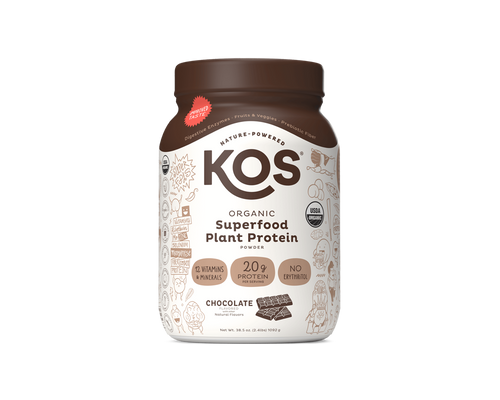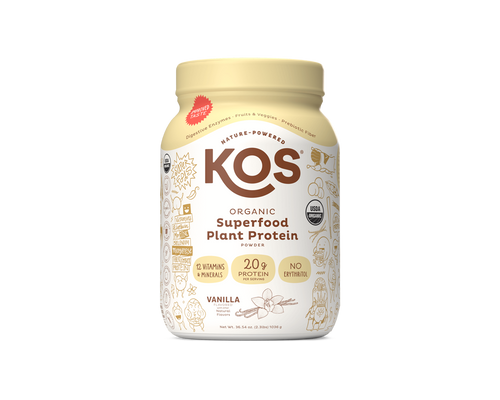Table of Contents

Some topics sound almost unbearably interesting. Admittedly, “The plant-based diet” is not one of those topics. Where is the thrill? The excitement? Where is the uncontainable joie de vivre?!
I’ll tell you where—it’s in the details; like your wildly complicated body, our insanely machine-like ecosystem, and the bizarre life form that carpets this planet and turns sunlight into salad. Okay?
Plants are stuffed with wonder. And it just so happens that the 900 million starving people on this rock have everything to gain by their well-fed fellow Earthlings taking a half-step back from meat.
A Hungry World Braced for Plant-Based
The topic is getting more mainstream air-time. Meat exacts a toll on our resources, our individual health, and our ability to have everybody in the place (on the planet, that is) actually eating. It is an awkward fact that foodstuffs are dumped into livestock that starving humans should be eating. There is a more eloquent way to say that, but there it is.

About 41 million tons of plant protein a year is fed to U.S. livestock. The yield? About 7 million tons of protein for human consumption. Think about it: 41 million tons of plant protein gets eaten by farmed meat animals, and they give us back 7 million tons of protein. You're getting back 16% of what you put in; a net loss. Bad enough if you're talking about losing cash in an investment, but this is F-O-O-D we're talking about.
If you were a “protein investor” it might even be called disastrous. The tragedy is less abstract. The world’s perennially hungry people will not be partaking of the steak, pork and chicken thus produced. Neither will they get any of the grain that went into the steaks.
Good is Better Than Perfect in the Plant-Based Diet Revolution
This is not to make the brash recommendation that we all run away from meat. For one thing, trying to convince the masses to give up meat is a pipe dream. “The perfect is the enemy of the good” comes to mind here. That wise old saying gently hammers home the point that striving only for absolute perfection in solutions will mean that merely doing good is set aside. If the goal is the summit or nothing, a lot goes undone—some of it life-saving.
Some good-hearted and dedicated activists would have us cut meat out of our diets tomorrow to begin the (frankly inevitable and unavoidable) global fix that awaits. This sort of willing, massive sea change simply doesn’t happen.
There are some who say a systemic change is needed—something at the level of public policy—and that individual efforts won’t add up to a meaningful paradigm shift. Not so fast, say proponents of individual revolution. The asymmetries inherent in meat production are such that small individual changes in diet result in crazily robust resource savings.
All this jawboning leads us to a baseline question: “Okay…I get the macro benefits of a plant-based diet. Um..not to sound selfish, but what’s in it for me?” A more than fair question. Let’s answer it.
Eat Only Plants? Really?!
Yeah, really. Here is what swallowing plants—Earth’s energy-gathering baseline life form— can do for your physiology
A Plant-Based Diet and Your Living, Dynamic Gut
No, not your guts; your Gut. We’re talking about your intestines, I’m afraid. You don’t like to think about your intestines, probably because they’re the most popular prop organ to be seen clutched in the outstretched hands of Hollywood zombies.

artwork by Julien Tromeur
Apart from this awkward association of your intestines with the ravenous undead - your intestines are cool! Anyone ever tell you that? Not only are they swarming with trillions of benevolent bacteria, your intestines have a strange connection to your mental well-being, too.
Plants feed the happy and healthy and supremely beneficial organisms in your gut. When your good bacteria are fed and sated and empowered — walking amiably around and chatting in their (extremely tiny) gym gear —they're able to do battle with the bad bacteria, fungi and parasites that are constantly trying to take the place over.

Again, “the place” is your intestinal tract—not the sort of vacay spot we humans might fight over, but bacteria shouldn’t have to defend their lifestyles to us. Bottom line; eating plants is pure power for the complex dynamo that is your gut.
A Plant-Based Diet: Chock Full of Vitamins and Minerals
I know, I know. “Vitamins and Minerals”. We’ve heard this numbing couplet one too many times. Why can’t we call them Sparkles and Starfire or some such? “Be sure you get your recommended daily requirement of Sparkles and Starfire.” You betcha!

*sigh* Anyway, vitamins and minerals are … um … important—as you’ve had vaguely explained since you could understand language. Well, plants are all over this gastronomic mission.
A plant-based diet is rich in Vitamin A (healthy teeth, bones, soft tissue, mucous membranes {yuck}, and skin; Vitamin C (antioxidant power + promotion of healthy teeth and gums, absorption of iron, and rapid healing of wounds); Vitamin E (another antioxidant and builder of red blood cells); Folate (production of DNA, which controls tissue growth and cell function); and beta carotene (an important pre-cursor of Vitamin A, with possible mitigating action on cognitive decline..)
Minerals? Oh, yeah. You will have assumed that potassium and magnesium are intimately related to potatoes and magnets. I thought the same thing for the longest time. In fact, Potassium is essential for healthy blood pressure, healthy hydration (without water retention), and the activation of key enzymes throughout your system.

science fact: enzymes look a lot like stuff flung at a party
Magnesium regulates muscle contraction, neuromuscular conduction, glycemic control, myocardial contraction, and blood pressure. We get a goodly amount of our magnesium from green veggies, nuts, seeds, and unprocessed grain cereals.
A Plant-Based Diet and Fatty Acids
Plant-based diets are naturally lower in harmful saturated fats (LDL) — the waxy stuff that builds a little wall in your artery and has you clutching your chest halfway through that grease-dappled bucket of fried chicken.

your artery on french fries -- don't tell the French
The good HDL —present in avocados, oils, nuts and seeds—grabs the just-mentioned artery-blocking junk and hauls it to your liver, which processes the waxy goop and keeps it out of your bloodstream. Plant-based diets are also high in mono-unsaturated fatty acids, friend of your life-giving cardiovascular system.
A Plant-Based Diet and You
The case for plants as a prime dietary source is ironclad. And we seem curiously accustomed to plants as food. Very few of us can see ourselves diving at a cow in the meadow, knocking it down, and trying to get at its flank steak with our teeth as the great beast looks on with amusement.

We want our picturesque slabs of meat arranged neatly on the dinner plate, and are generally repulsed by the idea of a slaughterhouse.
But we can all imagine pulling a carrot out of the dirt, rinsing, and eating.
If one of our must-have food groups is procured by processes that actually sicken you … I dunno … maybe that should be food for thought. So to speak.
If you’re ready to begin the tentative, revelatory journey into the kingdom of sunlight, photosynthesis, and nutrient rich plants—you can take it a step at a time. Tell your pals.






